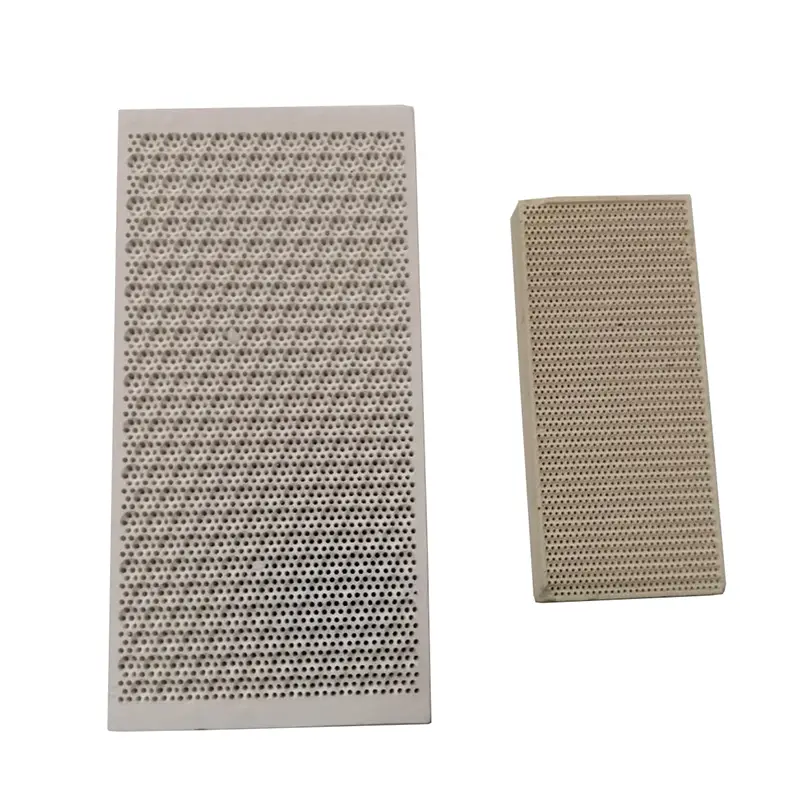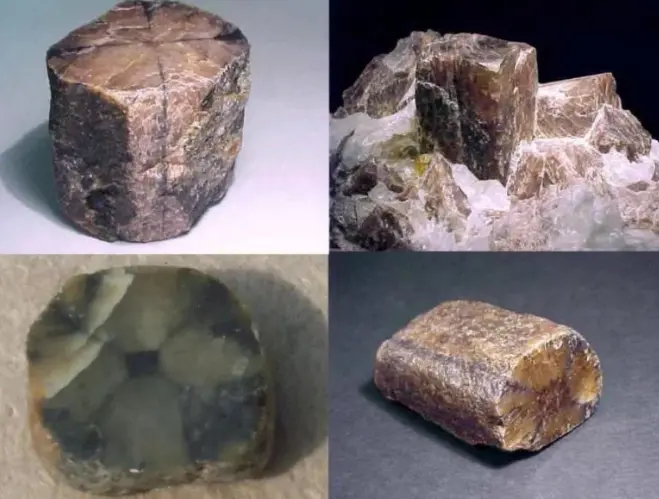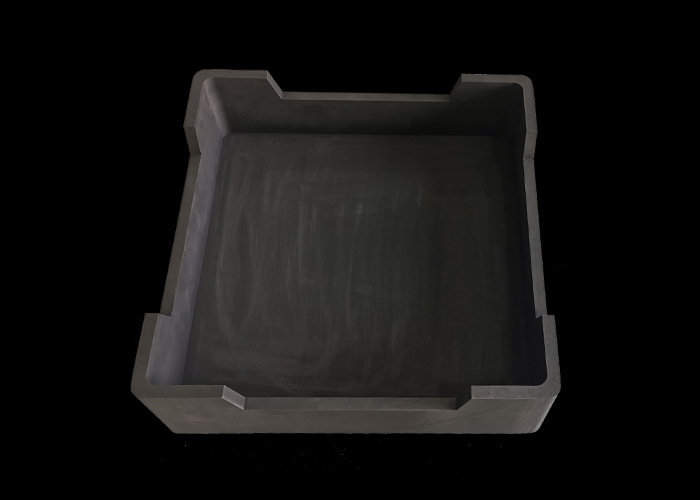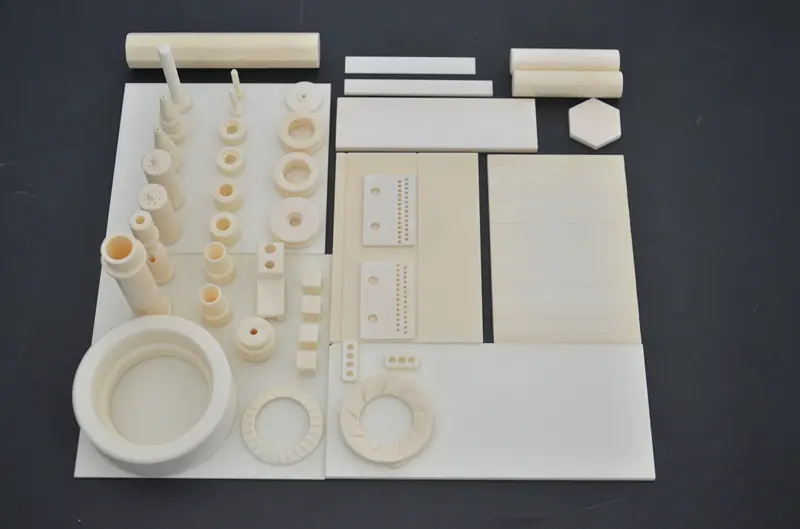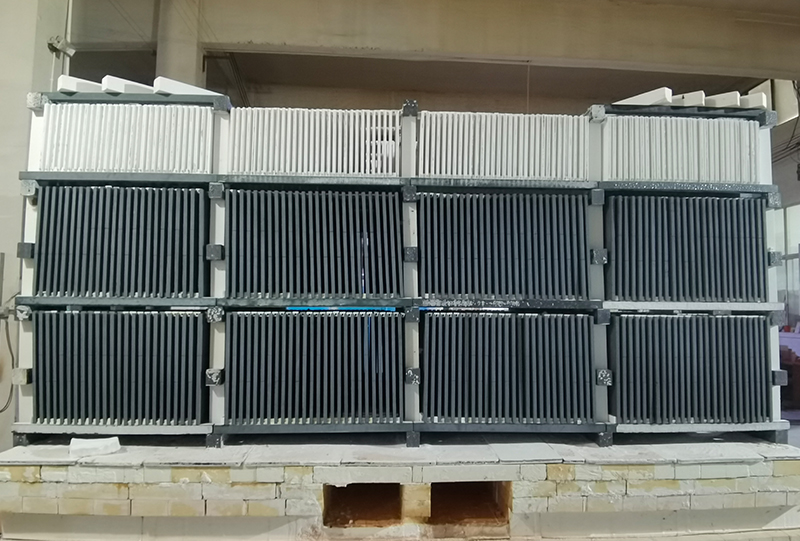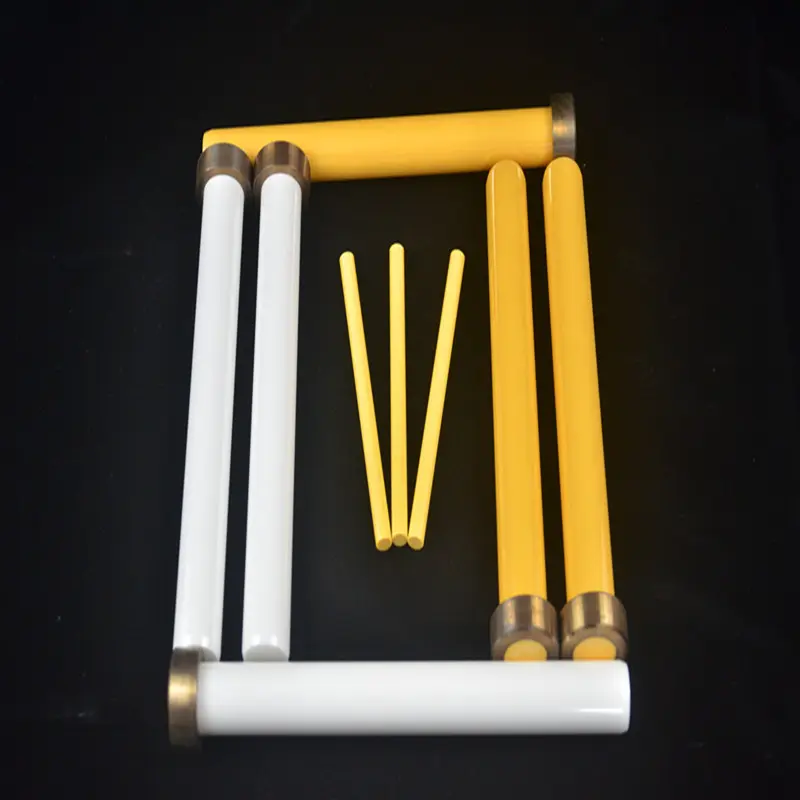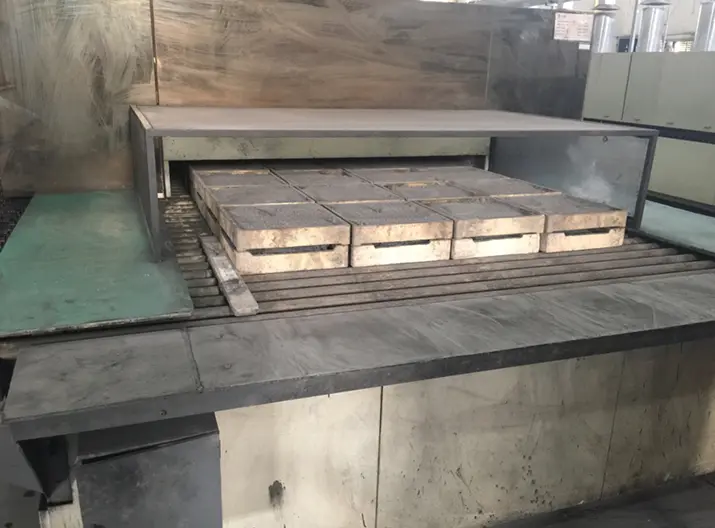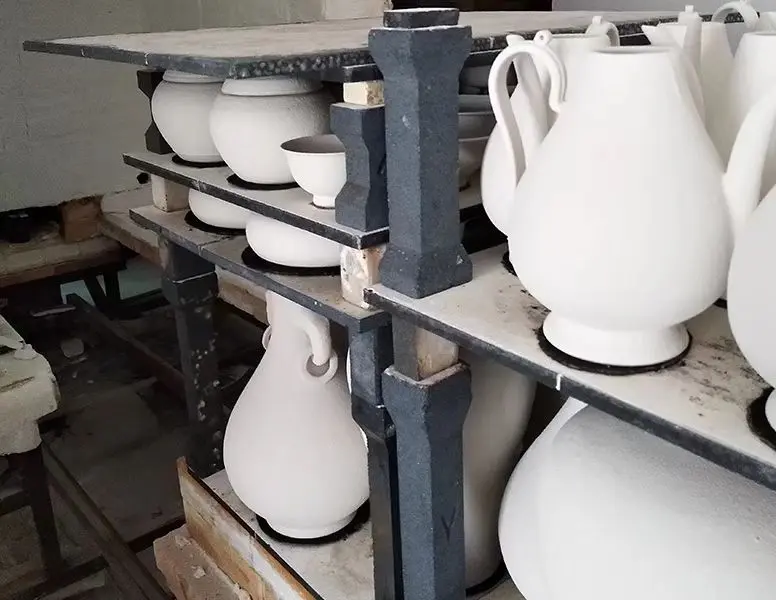Application of refractory materials in modern production
In the metallurgical industry, refractory materials are mainly used for the lining of equipment such as blast furnaces, converters and electric furnaces. These materials can withstand extremely high temperatures and chemical corrosion, ensuring the safety and efficiency of the smelting process. In addition, the excellent thermal conductivity and wear resistance of refractory materials also make them play an important role in metal casting and heat treatment processes.
In ceramic and glass production, refractory materials are used for kiln linings and support structures. Since these production processes need to be carried out at high temperatures, the use of refractory materials can effectively improve product quality and production efficiency. At the same time, the diversity of refractory materials allows them to be customized according to different production needs to meet the requirements of different processes.
The cement industry is also inseparable from the support of refractory materials. During the calcination process of cement, refractory materials can withstand high temperatures and strong chemical reactions, ensuring that the cement production process is stable and reliable. In addition, the use of refractory materials can also extend the service life of equipment and reduce production costs.
In short, the application of refractory materials in modern production not only improves production efficiency, but also ensures production safety. With the continuous advancement of science and technology, the performance and application fields of refractory materials will be further expanded, providing stronger support for the development of modern industry.


